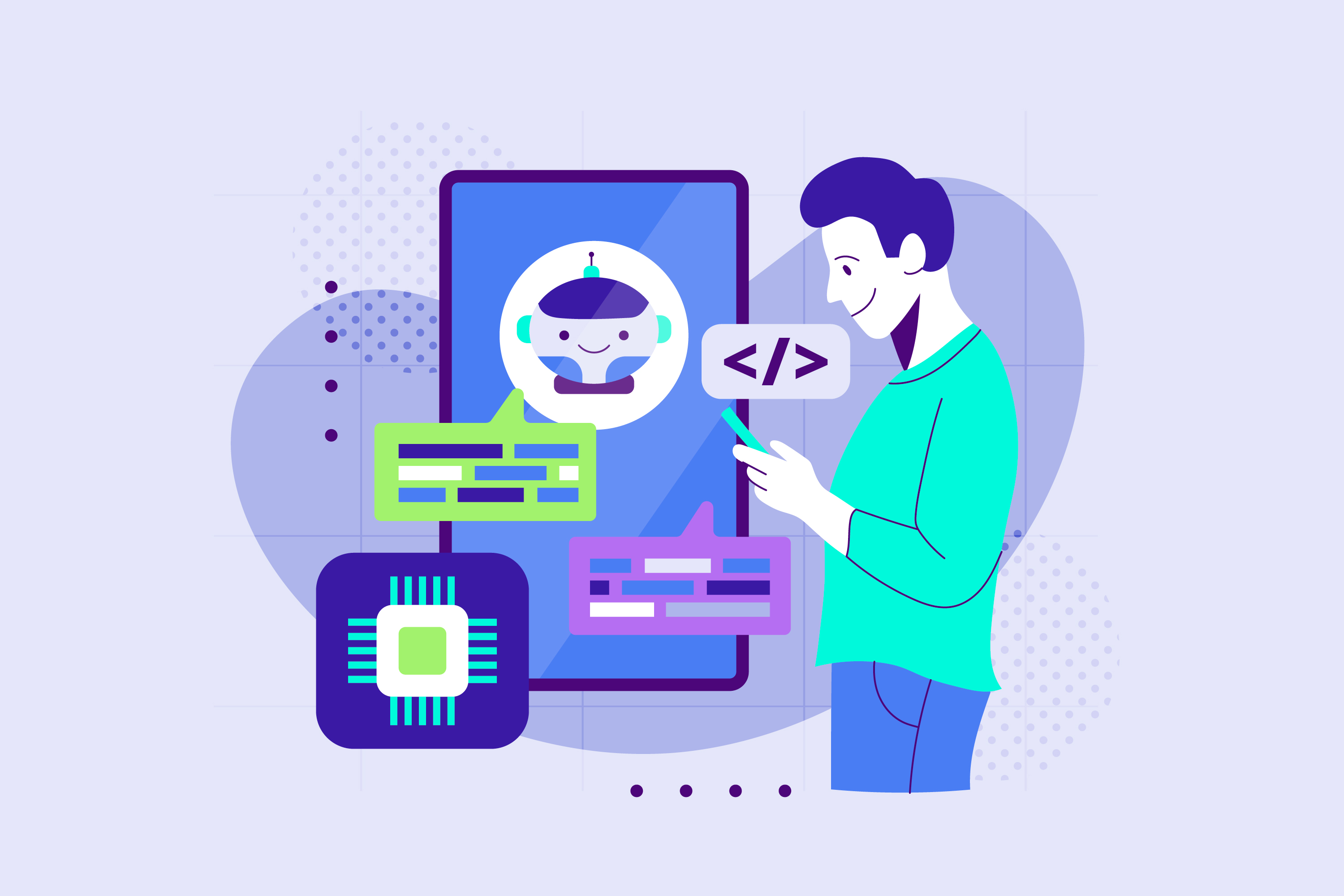Modern API Trends: AI-Native & Real-Time APIs — What Developers Should Know in 2025
Explore the evolving landscape of API development with a focus on AI-Native and Real-Time APIs. Learn how these technologies are shaping the future of software development and what you need to know to stay ahead.

The API landscape has undergone significant transformations over the past few years, and 2025 is proving to be a landmark year with the rise of AI-Native and Real-Time APIs. These technologies are not just enhancing existing systems but fundamentally changing how developers build and interact with applications.
The Evolution of API Design
Traditional REST APIs have served us well for decades, but the demands of modern applications require more flexible, efficient, and intelligent interfaces. The limitations of REST in certain scenarios have paved the way for GraphQL, gRPC, and now, more specialized API architectures designed specifically for AI and real-time data exchange.
"By 2025, over 70% of new enterprise applications will incorporate AI-native APIs, fundamentally changing how businesses operate and interact with customers."
Understanding AI-Native APIs
AI-Native APIs are designed from the ground up to leverage artificial intelligence capabilities. Unlike traditional APIs with AI features bolted on, these are built with machine learning at their core, enabling more adaptive, predictive, and intelligent interactions.
Key Characteristics of AI-Native APIs
- Predictive endpoints that anticipate user needs
- Self-optimizing performance based on usage patterns
- Adaptive responses that change based on context
- Natural language processing capabilities
- Continuous learning from interactions

The Rise of Real-Time APIs
In our increasingly connected world, the demand for real-time data is skyrocketing. Real-Time APIs provide instant data synchronization, live updates, and seamless streaming capabilities, powering everything from collaborative tools to financial platforms and IoT ecosystems.
Implementing Real-Time APIs
Modern real-time APIs often leverage technologies like WebSockets, Server-Sent Events (SSE), and HTTP/2 or HTTP/3 streams. Frameworks like Socket.IO, SignalR, and specialized real-time databases have made implementation more accessible than ever.
Security Considerations for Modern APIs
With great power comes great responsibility. The advanced capabilities of AI-Native and Real-Time APIs introduce new security challenges that developers must address:
- Enhanced authentication mechanisms for streaming connections
- Data privacy protection in AI models
- Real-time threat detection
- Secure WebSocket connections
- Ethical AI usage and bias prevention
Best Practices for Developers
Adopting these new API paradigms requires shifts in development practices. Here are key recommendations for developers looking to leverage AI-Native and Real-Time APIs:
When you need to validate endpoints quickly, try our free API Request Tester to inspect responses, headers, and performance in your browser.
- Start with clear use cases: Not every application needs AI or real-time capabilities. Identify where these technologies provide genuine value.
- Focus on developer experience: Well-designed documentation, SDKs, and sandbox environments are crucial for adoption.
- Plan for scalability: Real-time APIs can generate significant load—design with horizontal scaling in mind.
- Implement robust monitoring: Track API performance, usage patterns, and AI model accuracy continuously.
- Prioritize ethical AI practices: Ensure transparency, fairness, and privacy in your AI implementations.
Looking Ahead: The Future of APIs
As we move further into the decade, we can expect APIs to become even more intelligent and context-aware. The convergence of AI, real-time capabilities, and edge computing will create new possibilities for developers to build responsive, adaptive applications that were previously unimaginable.
The key for developers is to stay curious, continuously learn, and approach these new technologies with both excitement and critical thinking about their appropriate application.
Key Takeaways
- AI-Native APIs are designed with machine learning at their core, not as an afterthought
- Real-Time APIs are essential for modern applications requiring instant data synchronization
- Security and ethical considerations must be prioritized in these advanced API architectures
- Developer experience remains crucial for successful API adoption
- The future will bring even more integrated and intelligent API ecosystems
Try These Free Tools
Quickly test endpoints and inspect JSON while you explore modern API patterns: